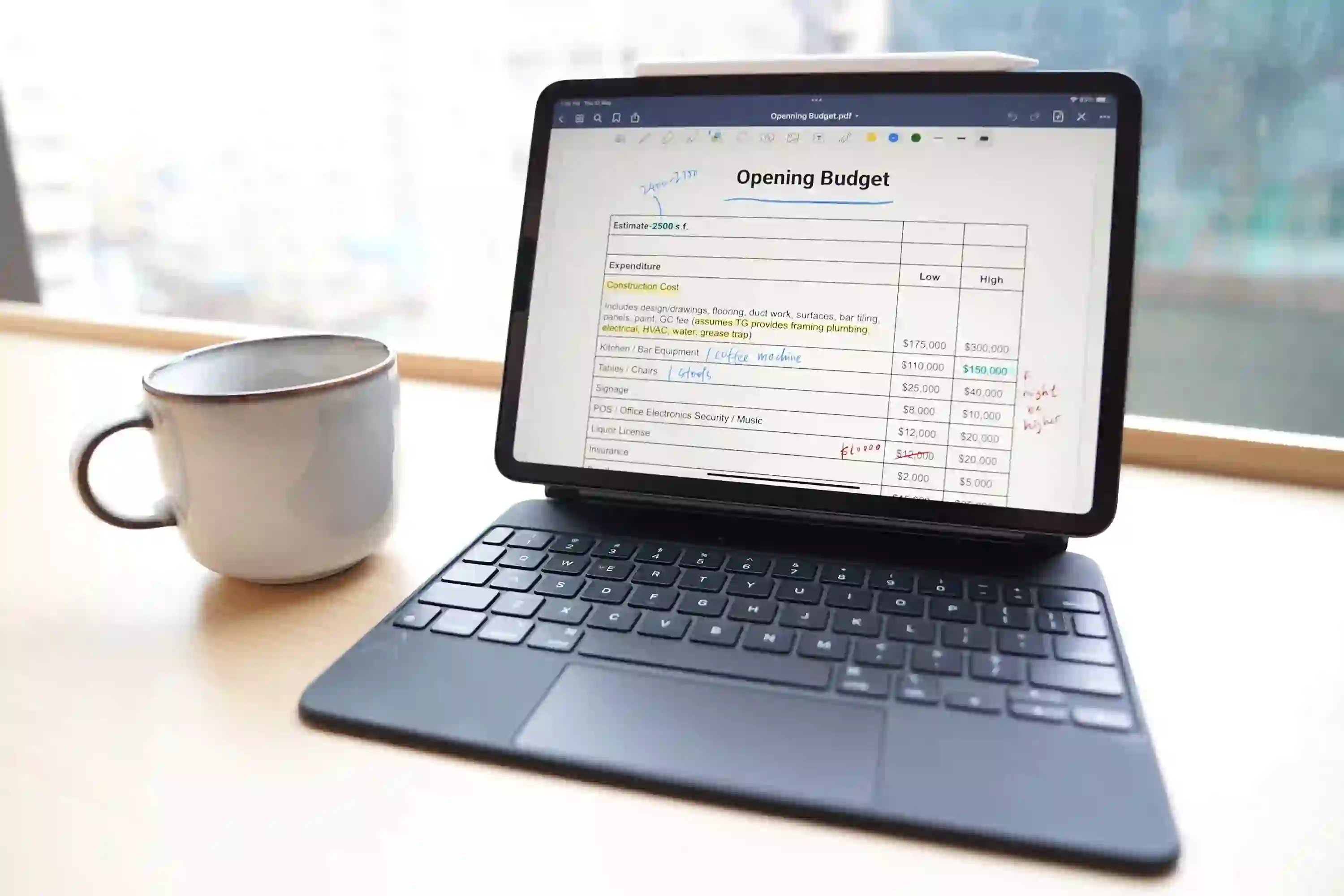Zero-based budgeting is a method of budgeting in which all expenses must be justified for each new period. This approach contrasts with traditional budgeting, in which a budget is based on the previous period’s actual results, with adjustments for expected changes.
The process of zero-based budgeting starts with a “blank slate” and all expenses must be justified for each new period. This means that every expense, whether it is a fixed cost or a variable cost, must be evaluated and justified. This approach is particularly useful for organizations that are looking to reduce costs and improve efficiency.
One example of zero-based budgeting can be seen in a small retail business. The business owner starts by identifying all the costs associated with running the business, such as rent, utilities, salaries, and inventory. They then evaluate each cost to determine if it is necessary for the business to continue operating. For example, the owner may decide that they can reduce costs by negotiating a lower rent with their landlord or by switching to a more cost-effective supplier for their inventory.
Once all the necessary costs have been identified and justified, the business owner can then create a budget based on these costs. This budget will serve as a guide for the business and will help the owner to make informed decisions about how to allocate resources. For example, if the budget shows that the business has a limited amount of money to spend on advertising, the owner can decide to allocate the money to the most effective advertising channels.
In addition to helping businesses reduce costs and improve efficiency, zero-based budgeting can also help organizations to identify new opportunities for growth. For example, if a business owner finds that they have money left in their budget after all necessary expenses have been covered, they can use this money to invest in new products or services.
In order to implement zero-based budgeting successfully, it is important to have a clear understanding of the organization’s goals and objectives. This will help the organization to identify the most important expenses and to prioritize them. In addition, it is important to have a good understanding of the organization’s financial situation, including its revenue, expenses, and cash flow.
In conclusion, zero-based budgeting is a powerful tool for cost reduction and growth. By starting with a “blank slate” and evaluating every expense, organizations can make informed decisions about how to allocate resources and achieve their goals. If you’re looking for ways to reduce costs and improve efficiency in your business, consider implementing zero-based budgeting. With a clear understanding of your organization’s goals and financial situation, you can successfully implement this powerful budgeting method and reap the benefits.
